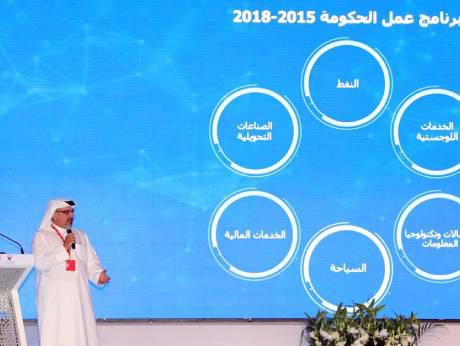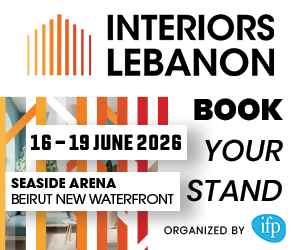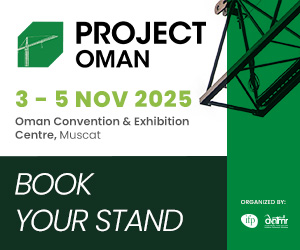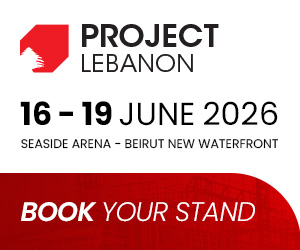Manama: Bahrain’s cabinet has approved a draft decree establishing the Real Estate Regulatory Authority (Rera) to develop the real estate sector in the kingdom and enhance the investment environment in accordance with the provisions of the Real Estate Regulatory Law.
The cabinet session, chaired by Crown Prince and First Deputy Prime Minister Salman Bin Hamad Al Khalifa, also called on Monday for the institution of four workshops to develop initiatives in line with the government’s action plan ahead of the next legislative term, 2018-2022.
The decisions to boost the real estate sector and to hold special initiative workshops were announced one day after the Prince Salman emphasised the government’s commitment to ensure sustainable economic growth and the delivery of opportunities for all.
Setting out the progress the government has made in implementing the initiatives within the 2015-2018 Government Action Plan (GAP), Prince Salman said that an increased role for the private sector in driving economic growth, supporting greater innovation and competitiveness and enhancing citizens’ living standards were three economic and socioeconomic priorities that are being pursued across government.
The crown prince was speaking at the Bahrain Government Forum 2017 that brought together Bahrain’s government officials to assess the 2015-2018 Government Action Plan.
In a presentation to the audience, the Crown Prince detailed the government’s delivery of priority programmes, while highlighting that Bahrain’s Economic Vision 2030 principles of sustainability, competitiveness, and fairness must continue to inform every aspect of the nation’s development.
Tourism
He said that through continuous collaboration with the Bahrain Economic Development Board, Bahrain has seen an increase in inward investment of 158 per cent in 2016-2017.
Government initiatives outlined by Prince Salman included the launch of a National Strategy for Tourism, a sector which has seen a 12.8 per cent increase in visitors last year, the adoption of a national plan to revive Bahrain’s historic pearling industry and the implementation of the National Renewable Energy Plan, which aims to provide 5 per cent of the country’s electricity from renewables by 2025.
The reforms also include regulatory changes in the kingdom’s health care and education systems and the introduction of the National Strategy for Healthcare designed to transform the role of the Ministry of Health from an operator to the main regulator of the sector, a countrywide 25,000 housing unit programme, which has already delivered 15,655 units in different parts of Bahrain in close collaboration with the private sector while 4,800 additional units were announced at the Forum.
The figures reflect the government’s commitment to delivering projects that help further improve citizens’ living standards.
Significant progress
In addition, a far-reaching programme of $32 billion (Dh117 billion) infrastructure projects is undergoing significant progress and driving growth across the country’s oil and gas, logistics, manufacturing, ICT, financial services, and tourism sectors.
In a post-event statement, Prince Salman said that the government’s efforts, based on the principles of Bahrain’s Economic Vision 2030, sustainability, competitiveness, and fairness, are laying the foundations for economic prosperity and stability.
“The next phase of the Kingdom’s development features ambitious targets,” he said. “We are continually building upon our programme of development and launching new projects, as witnessed today with the announcement of 4,800 additional housing units, the development of a highly modernised power plant, the construction of a 100MW solar power plant, and targeted national strategies to boost key sectors,” he said.











































































